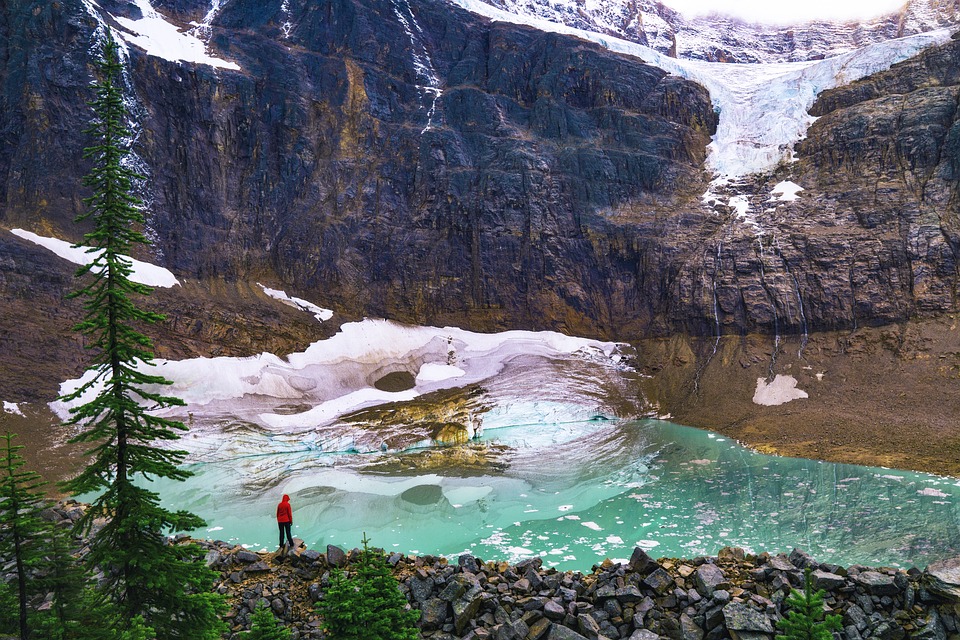
Climate change impacts continue to worsen worldwide, researcher’s report finds
Climate change impacts continue to worsen worldwide, researcher’s report finds
Climate change is an urgent global crisis that is increasingly impacting communities and ecosystems around the world. According to a recent report by researchers, the impacts of climate change are continuing to worsen, with devastating consequences for both humans and the environment. The report highlights the need for immediate action to mitigate the effects of climate change and protect vulnerable populations.
The growing impact of climate change
Climate change is caused by the release of greenhouse gases into the atmosphere, primarily through the burning of fossil fuels and deforestation. These gases trap heat in the Earth’s atmosphere, leading to rising temperatures and disrupting the planet’s natural systems. The impacts of climate change are wide-ranging and severe, affecting everything from weather patterns to sea levels to ecosystems.
One of the most visible impacts of climate change is the increase in extreme weather events. Hurricanes, wildfires, droughts, and floods are becoming more frequent and intense, causing widespread destruction and loss of life. In addition, rising temperatures are melting polar ice caps and glaciers, leading to rising sea levels and threatening coastal communities around the world.
Climate change is also having a significant impact on ecosystems and biodiversity. Many species are facing extinction as their habitats are disrupted by changing temperatures and extreme weather events. Coral reefs, for example, are dying off due to rising ocean temperatures, leading to loss of marine biodiversity and negative impacts on coastal communities that rely on the reefs for food and protection.
The need for immediate action
The findings of the researcher’s report make it clear that urgent action is needed to address the impacts of climate change. Governments, businesses, and individuals all have a role to play in reducing greenhouse gas emissions and mitigating the effects of climate change. This includes transitioning to renewable energy sources, investing in sustainable infrastructure, and protecting and restoring natural ecosystems.
One key aspect of addressing climate change is reducing carbon emissions from fossil fuels. This can be accomplished through policies such as carbon pricing, renewable energy incentives, and regulations on emissions from industry and transportation. By transitioning to clean energy sources such as solar and wind power, we can reduce our reliance on fossil fuels and decrease our carbon footprint.
Another crucial component of climate action is protecting and restoring natural ecosystems. Forests, wetlands, and grasslands are important carbon sinks that help absorb and store carbon dioxide from the atmosphere. By preserving these ecosystems and restoring degraded lands, we can help combat climate change and protect biodiversity.
The role of individuals
While governments and businesses have a significant role to play in addressing climate change, individuals also have the power to make a difference. By making simple changes to our daily habits, we can reduce our carbon footprint and contribute to global efforts to combat climate change.
One way individuals can reduce their impact on the environment is by choosing sustainable transportation options. Walking, biking, carpooling, and using public transportation are all ways to reduce carbon emissions from personal vehicles. In addition, investing in an electric vehicle or hybrid car can help further decrease your carbon footprint.
Another way individuals can help address climate change is by reducing energy consumption in their homes and workplaces. This can be accomplished by using energy-efficient appliances, turning off lights and electronics when not in use, and insulating homes to reduce heating and cooling costs.
Conclusion
The researcher’s report highlights the urgent need for action to address the impacts of climate change. With extreme weather events, rising sea levels, and threats to biodiversity becoming increasingly severe, it is clear that we must take immediate steps to reduce greenhouse gas emissions and protect vulnerable populations and ecosystems. By transitioning to clean energy sources, protecting natural ecosystems, and making individual lifestyle changes, we can help mitigate the effects of climate change and create a more sustainable future for all.
